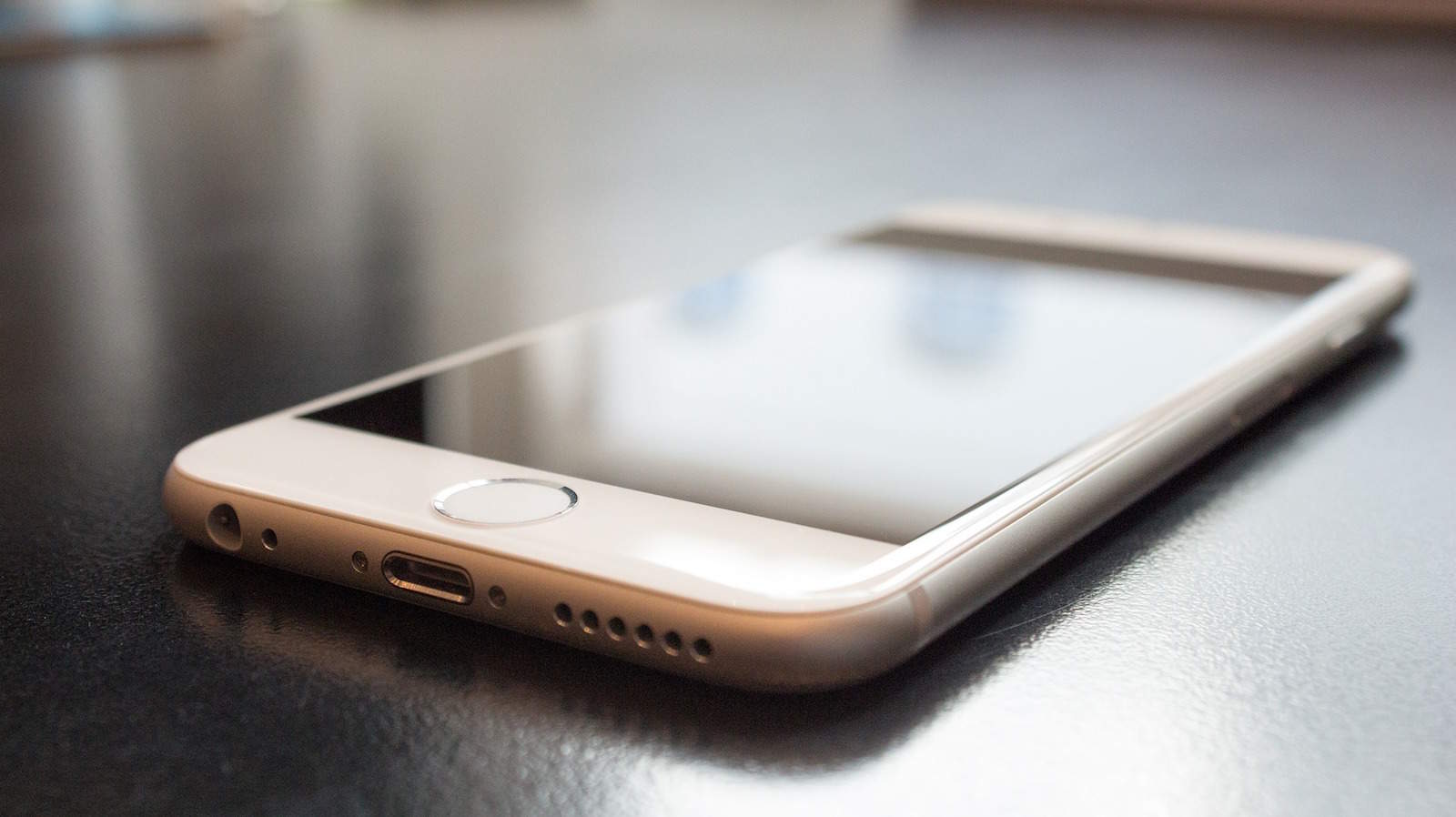The American Civil Liberties Union filed a brief today supporting Apple in its clash with the government.
The organization argues that the FBI’s demands that the iPhone maker create software that will allow investigators to bypass built-in security features represent an overreach of authority that will leave hundreds of millions of users vulnerable to cyberattacks. It becomes the latest organization to join the debate that has put security and privacy at odds.
This issue is looking increasingly like a tech and government version of Marvel’s Civil War storyline. The ACLU joins Google, Microsoft, former presidential candidate Ron Paul, and Facebook head Mark Zuckerberg in defending Apple. Meanwhile, Microsoft founder Bill Gates, Manhattan district attorney Cyrus R. Vance, the Maricopa, Arizona county attorney’s office, and every Republican presidential candidate want Apple to give in. The device at the center of this case belonged to San Bernardino shooter Syed Farook, and investigators need Apple’s help to get past the passcode lock to access its contents.
“This case is not about a single phone — it’s about the government’s authority to turn the tech companies against their users,” ACLU Speech, Privacy, and technology Project staff attorney Alex Abdo said. “The security and privacy of millions of Americans hangs on the trust we place in the companies that make our devices. If the government succeeds in forcing the companies to exploit their users’ trust, it will have set back digital privacy and security in this country by decades.”
The 27-page amicus brief focuses on debunking four major claims the government has made to defend its use of the All Writs Act to compel Apple to write the software. Namely:
-
• Because Apple neither owns nor controls the information the government is requesting, it is sufficiently removed from the case that it may refuse to cooperate.
• Creating the software the government wants Apple to make is “unduly burdensome” to the company.
• Investigators have not sufficiently proven the necessity of the information they seek.
• Existing laws specifically forbid what the government is doing.
Earlier this week, New York Magistrate Judge James Orenstein ruled in another case, saying that Apple could refuse to comply with government requests on these same grounds. Yesterday, Apple lawyers and FBI head James Comey appeared in front of Congress, and Representatives appeared to lean toward the company’s position.
Another hearing is scheduled for March 22.


